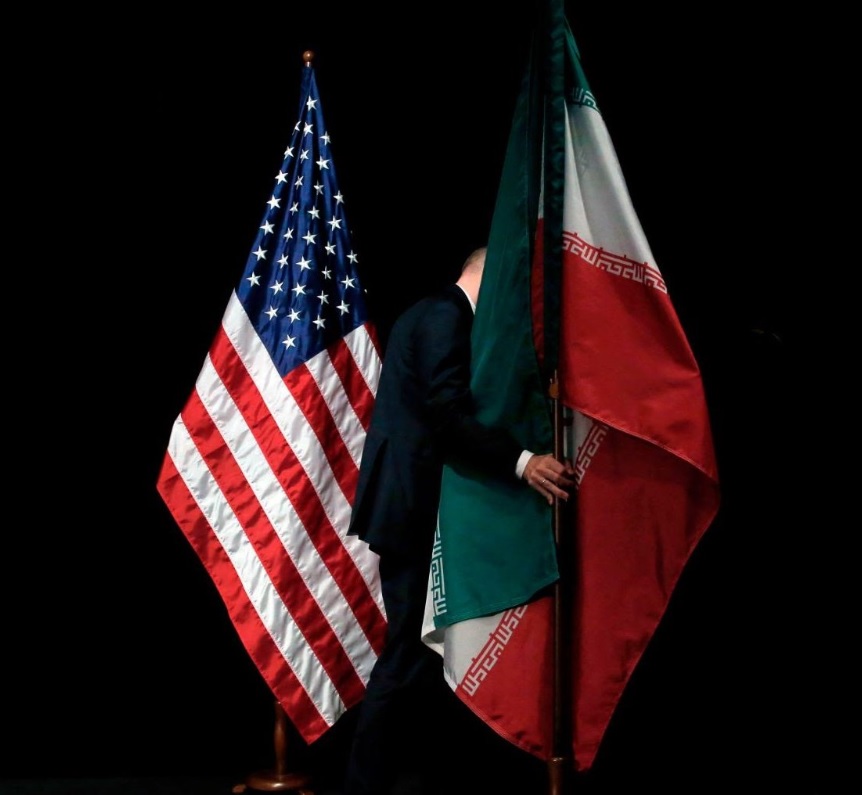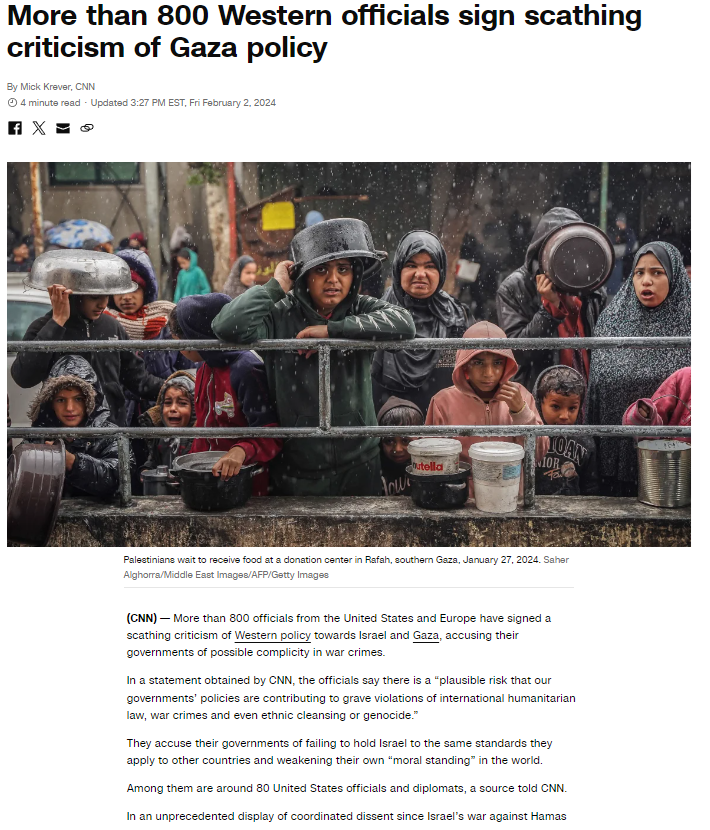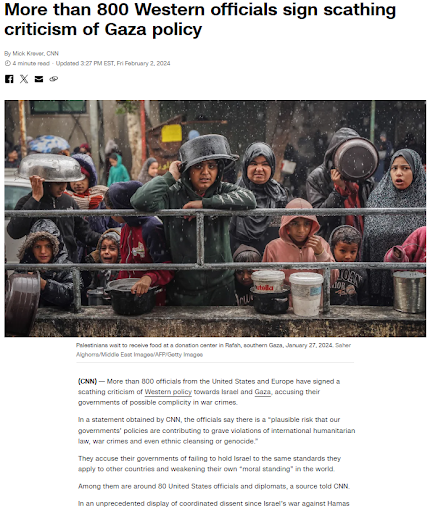
With US refrained from using its veto this time, 14 UNSC members adopted a resolution calling for a cease fire in Gaza
None of the UNSC P5 member States used their NO vote; that is all it took.
For the first time, the UN Security Council adopted a resolution calling for a ceasefire in the Gaza Strip, more than 5 months after the Israeli war, as the United States - the main supporter of Tel Aviv - refrained from using its veto this time.
The resolution presented by non-permanent members of the Security Council calls for an immediate ceasefire in Gaza, stressing the urgent need to increase aid and demanding the removal of all obstacles to its delivery.
Algeria's representative to the United Nations, Ammar Ben Jama, said that the adoption of the resolution is a message to the people of Gaza that the international community feels their pain and has not abandoned them.
He continued, saying, "We want Palestine to become a full and sovereign member of the United Nations."
The adoption of the resolution came after the Council failed to pass an amendment to the draft by adding the phrase “permanent ceasefire.”
UN Secretary-General António Guterres said a failure to implement the resolution would be “unforgivable.”
“The Security Council just approved a long-awaited resolution on Gaza, demanding an immediate ceasefire, and the immediate and unconditional release of all hostages.
This resolution must be implemented. Failure would be unforgivable,” Guterres wrote on X.
Last Friday, Russia and China used their veto power to drop a US draft resolution calling for a ceasefire “in the framework of a deal to release the hostages,” a formulation that the Arab countries, Moscow, and Beijing described as “politicized and ambiguous.”
The United States has previously systematically opposed the term “ceasefire” in United Nations resolutions, and has obstructed 3 texts in this context, since the beginning of the war.









































